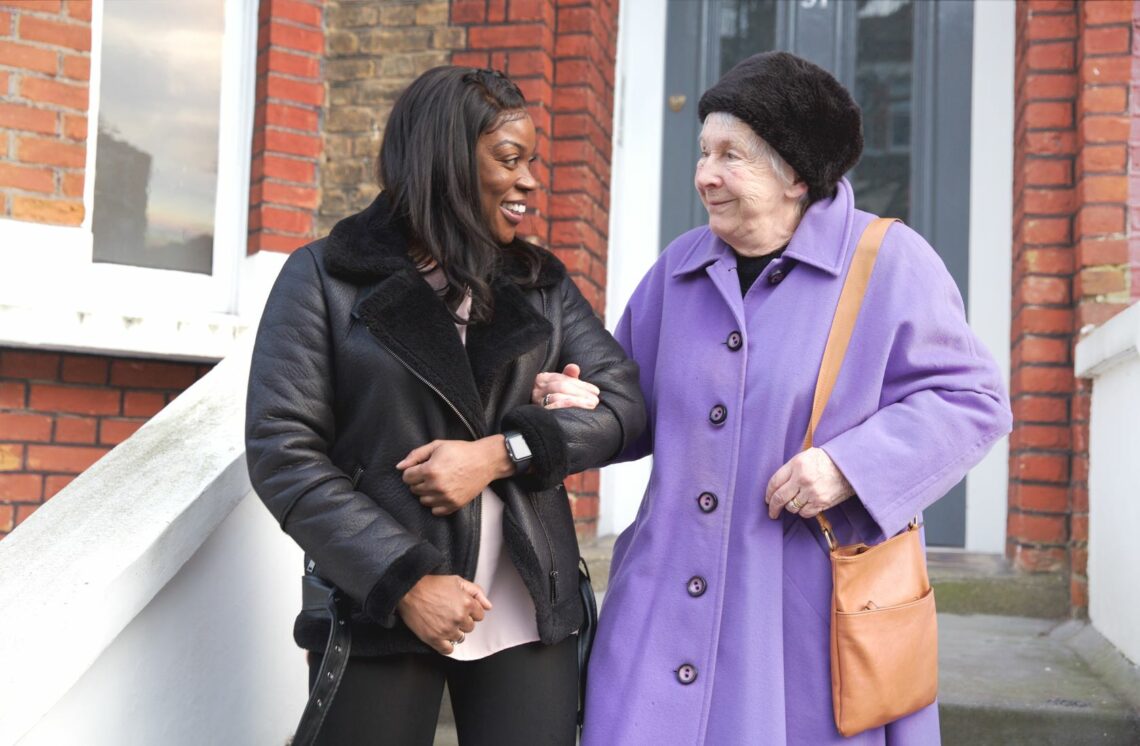Care homes, day care or home care? The choice can be confusing and, at a vulnerable time, many elderly people are frightened about the future. Different families have differing needs, residential care is not the only alternative – elderly home care could be a better option. Home carers can maintain your loved one’s safety, wellbeing and dignity in their own home.
When a loved one needs support to live safely, it can be difficult to know where to get the help they need. Residential homes and day centres are both options – but for many people, being professionally supported to live healthy, happy and safe in their own home can provide the security they need, while maintaining their independence and quality of life.
Thus, most people prefer live in home health aide to support their loved ones in their own homes. This will enhance one-on-one interaction and intimate relationship.
The benefits of home care
The care you need
Home care services are flexible and adaptable. Caregivers can be employed to come into the home and provide just a few hours of help with chores, live-in care or twenty-four-hour nursing care to support with complex health needs. The right care can be found to suit the family budget and your loved one’s individual needs.
Future-proof care
Reliable and trusted live in carers can adapt to respond to evolving needs. A live in home health aide can start off by offering a friendly face and a helping hand. If your loved one loses function, they may be able to extend the service to support self-care and toileting or to supervise medication.
Familiar features
The essential advantage of home care is that your loved one stays at home. Being surrounded by home comforts, photos, a squashy armchair and your favourite mug can make an enormous difference to wellbeing and quality of life. This familiarity is especially important for people affected by dementia, where strange environments can lead to increasing levels of confusion and distress.
Keeping routines regular
When your loved one is at home, they can set their own schedule. Rather than fitting in with an institutional timetable, they can choose preferred meal times and the routines they love. They can continue to enjoy hobbies, clubs and their favourite soap opera, without fighting over the remote control. Likewise, they will be cared for by a known live in home health aide every time. This consistent daily structure can improve independence and function, especially in those affected by Alzheimer’s or other forms of dementia.
Friends, family and four-legged companions
It can be challenging to find a residential facility in your part of town, village or suburb. Staying at home means that friends, family and neighbours can pop in easily, so there is less chance of loneliness and the depression that can go with it. If your loved one has pets, they can stay at home together and the carer can take them out for a walk.
Pets help the elderly by improving their mood, encouraging exercise, giving them something to focus on, and providing constant companionship.
Controlled care
When you hire a home carer, you can check them so that you know they can be trusted with the care of your loved one. You can look at references, interview them and observe a trial session so that you are reassured that your loved one is safe in the hands of the live in home health aide.





